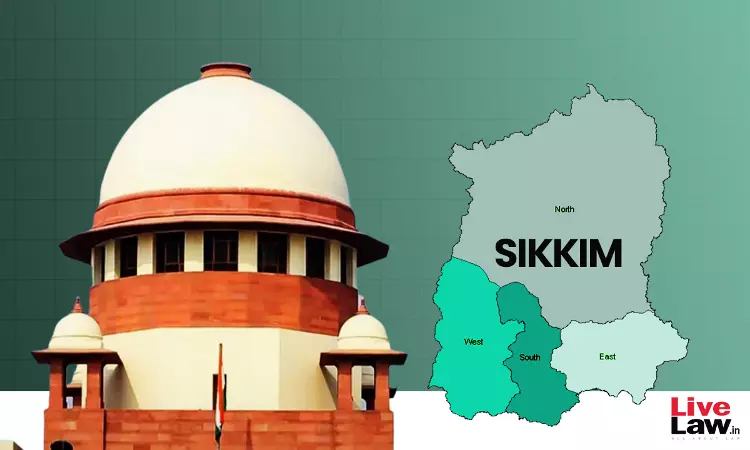Amidst public outrage over the Supreme Court describing Sikkimese Nepalis as ‘persons of foreign origin’, the union home ministry has filed a review petition in the apex court. Under the scanner is a portion in a concurring opinion authored by Justice B.V. Nagarathna, where the judge, while narrating the historical evolution of the modern-day Indian state of Sikkim vis-à-vis...

